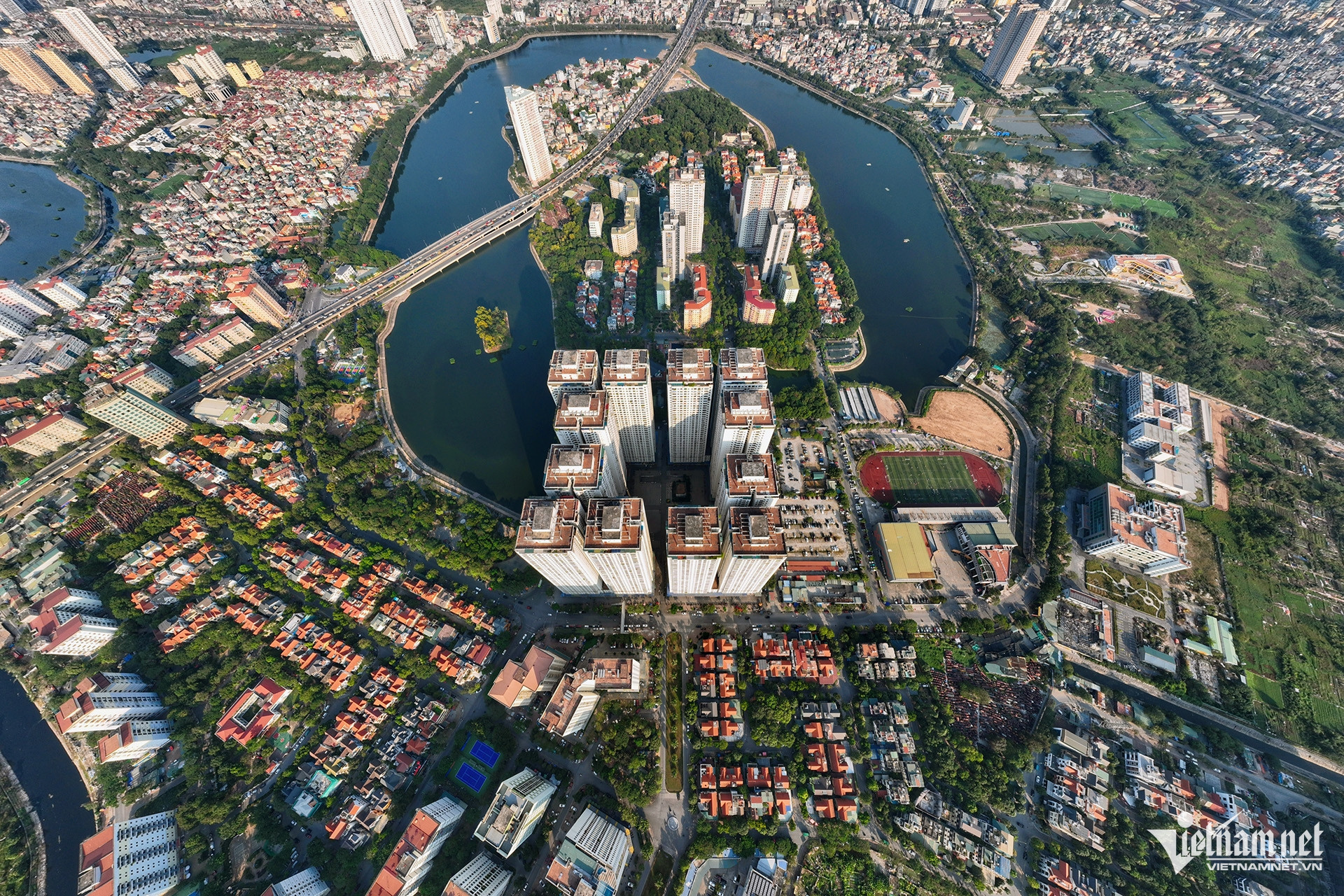
Prime Minister Pham Minh Chinh has directed the Ministry of Construction to coordinate with the Ministry of Public Security and local authorities to investigate and address abnormal increases in real estate prices, with the aim of stabilizing Vietnam's property market.
Rising property prices driven by speculation
Throughout 2024, several regions recorded a sharp rise in property prices, exceeding the financial capacity of many citizens.
These increases have been attributed to speculative groups exploiting public misconceptions and herd mentality to manipulate the market. By creating artificial price hikes and spreading misleading information, these groups disrupted market stability for personal gain.
Some real estate developers also took advantage of limited supply to set prices significantly higher than average, further inflating market rates. Additionally, unusually high land-use auction results in certain areas contributed to soaring property and housing prices.
This trend has exacerbated the shortage of affordable housing for low- and middle-income households, as well as social housing options, highlighting the urgency of intervention.
Government initiatives to stabilize the market
To enhance market oversight and curb speculative activities, the Prime Minister issued a directive requiring the Ministry of Construction to collaborate with other ministries and agencies. Key measures include:
Developing a pilot proposal for a government-managed real estate and land-use rights exchange. The Ministry is tasked with presenting this model to the Prime Minister by the second quarter of 2025.
Establishing a comprehensive national database on housing and real estate markets, integrating data from sectors such as land, construction, investment, public notary services, and population. This system is expected to be operational by the end of 2025.
Conducting inspections of real estate enterprises, developers, brokerage firms, and trading platforms, with a focus on projects showing unusual price hikes. Authorities will enforce strict penalties for violations, ensuring compliance and market transparency.
The Prime Minister has instructed the Ministry of Public Security to monitor market activities and promptly investigate criminal activities involving price manipulation and fraudulent land-use auctions. Organizations and individuals spreading false information to create artificial price surges or defrauding citizens will face prosecution.
Additionally, the Ministry of Natural Resources and Environment is tasked with auditing land valuation practices, compensation, land clearance, and land-use auctions. Authorities must identify and penalize practices that distort the market or exploit auction procedures for personal gain.
The Ministry of Finance has been assigned to develop tax policies aimed at discouraging property speculation while aligning with Vietnam’s socio-economic conditions and international norms. Proposed measures include taxing the difference between land-use costs and selling prices for real estate projects, as well as taxing profits from repeated transactions. A detailed report is expected to be submitted to the Prime Minister by April 30, 2025.
These initiatives underscore the government’s commitment to restoring stability and fairness in Vietnam’s real estate market. By tackling speculative practices, enhancing oversight, and introducing new tax policies, authorities aim to create a sustainable property sector that meets the needs of citizens and fosters economic development.
Hong Khanh